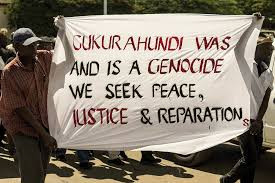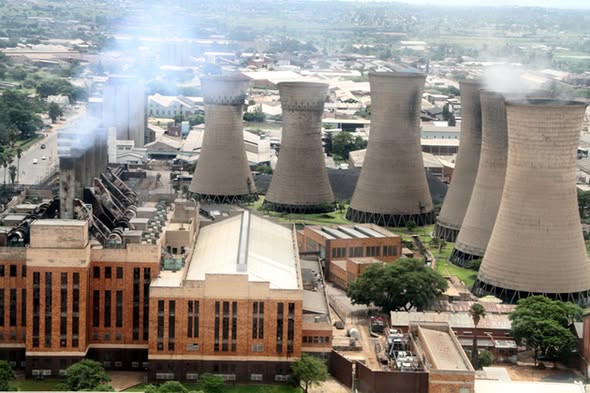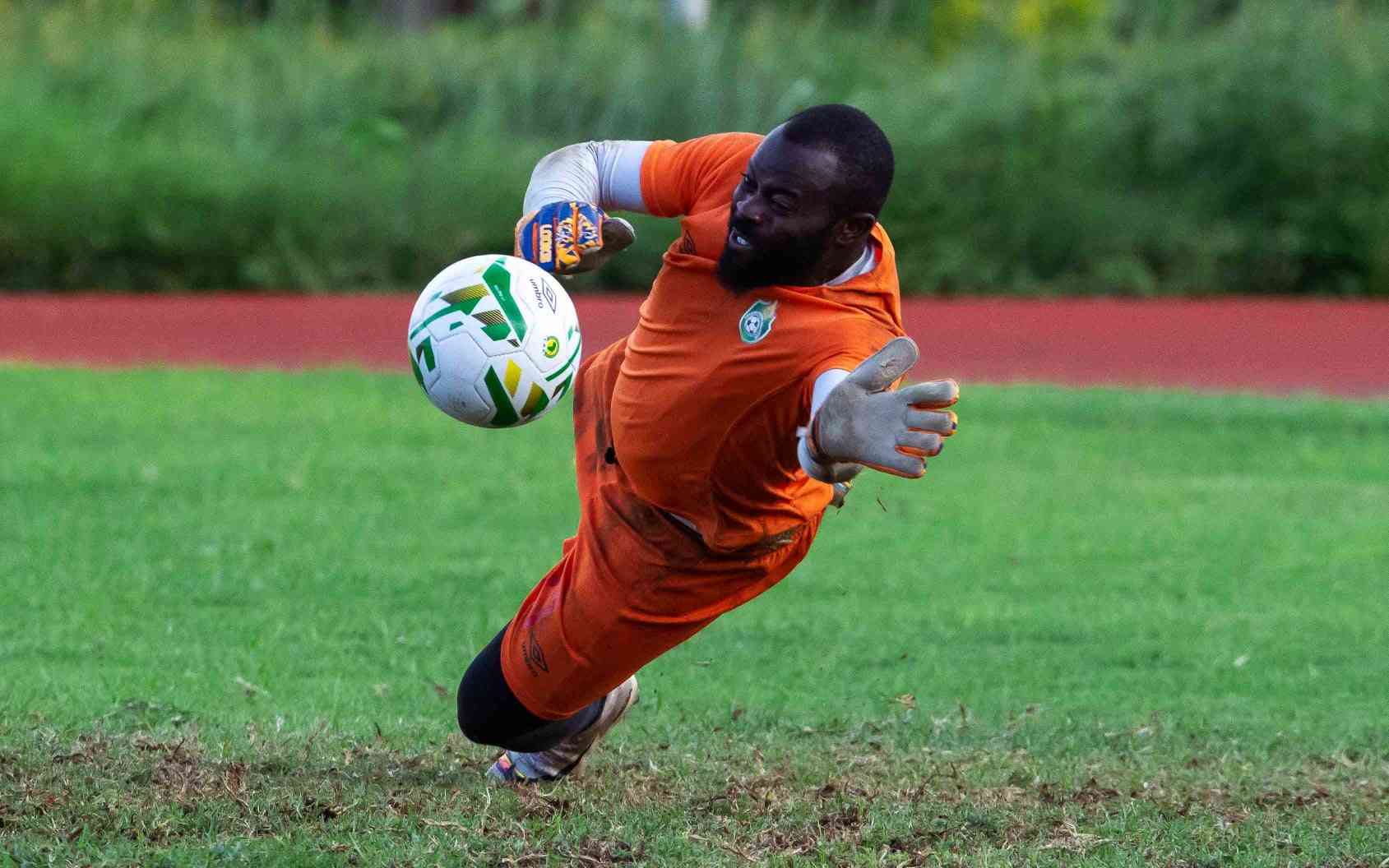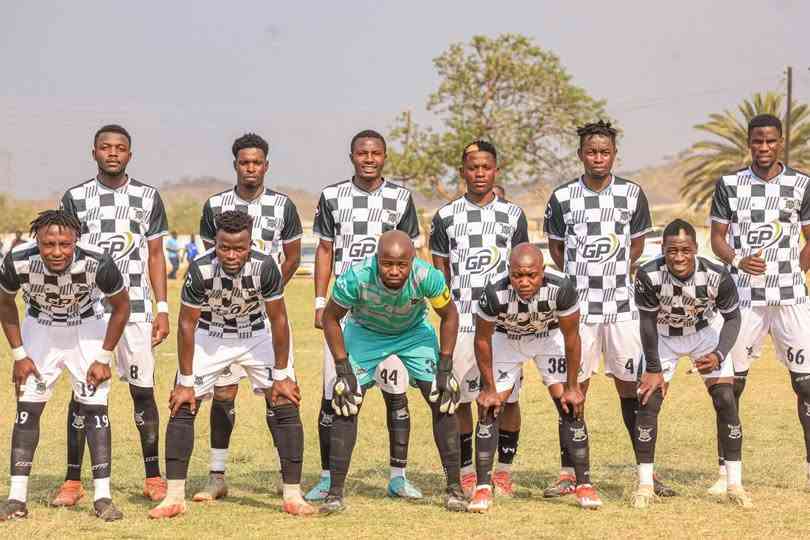
THE Matabeleland region, concerned over the neglect of Gukurahundi issues by central government, has called for the establishment victim-centred centres in Bulawayo, arguing that the traditional leader-led hearings were ineffective.
President Emmerson Mnangagwa last year initiated Gukurahundi public hearings and appointed traditional leaders to oversee the process aimed at finding a solution to the emotive issue amid calls to avoid opening old wounds inflicted more than 40 years ago.
Government insisted that the hearings, which should culminate in the closure of the emotive Gukurahundi issue, should be led by traditional leaders.
However, the hearings, which are being held under camera, have been dismissed as ineffective as victims and observers cite lack secrecy in the manner they are being held.
Speaking to Southern Eye yesterday, Ibhetshu LikaZulu secretary-general Mbuso Fuzwayo said there was no budget for victims based in Bulawayo to travel to the rural areas and testify before their traditional leaders.
“We need Gukurahundi victim centres in Bulawayo so that they can be able to testify before the Gukurahundi panellists,” he said.
“Some of these victims lost their homes during the Gukurahundi era hence they no longer have a place of residence.”
Fuzwayo said it was unfair for the government to require the victims to testify before their chiefs in rural areas, adding that the process excluded victims in the Midlands province.
- Ziyambi’s Gukurahundi remarks revealing
- Revisiting Majaivana’s last show… ‘We made huge losses’
- Giles Mutsekwa was a tough campaigner
- Edutainment mix: The nexus of music and cultural identity
Keep Reading
“(There are also victims) in the Midlands and (they) need to be given a chance to testify and such kind of decisions [living out victims from the Midlands] are not people-centred,” he said.
“It is the duty of the government to ensure there is enough budget to make the whole process legitimate.”
Zimbabwe Congress of Trade Unions western region chairperson Ambrose Sibindi echoed similar sentiments, arguing that the programme should be inclusive to gain the trust of the affected people.
“It must be inclusive,” he said.
“There should be clear terms of reference as to what should be done after the exercise and what next.”
Freedom Alliance spokesperson Prince Ncube expressed concern that the victims are expected to self-fund their trips to participate in the programme.
“Most of these people that were victims ran away and left their homes and are now permanently based in urban centres,” he added.
“They can no longer go back to their homes and rebuild because of economic challenges.”
Meanwhile, United Movement for Devolution president and former Speaker of Parliament Lovemore Moyo said excluding Bulawayo was a violation of victims' rights.
“Gukurahundi victims are all over, some are in the United Kingdom, others are in South Africa, so to confine the victims in rural areas is confusing.
“Excluding Bulawayo is a violation of the victim's rights that were also violated during the Gukurahundi era,” he said, adding that everyone in Matabeleland was a victim.
Moyo called on the government to come up with a budget for the exercise.
According to the Catholic Commission for Justice and Peace in Zimbabwe, more than 20 000 people were killed by the North Korea-trained 5 Brigade military unit deployed by the late former President Robert Mugabe to track alleged dissidents, although critics say the move was meant to create a one-party State.
Reports indicate that victims are saying there is no price for a dead person according to culture, following reports that government will compensate victims.










